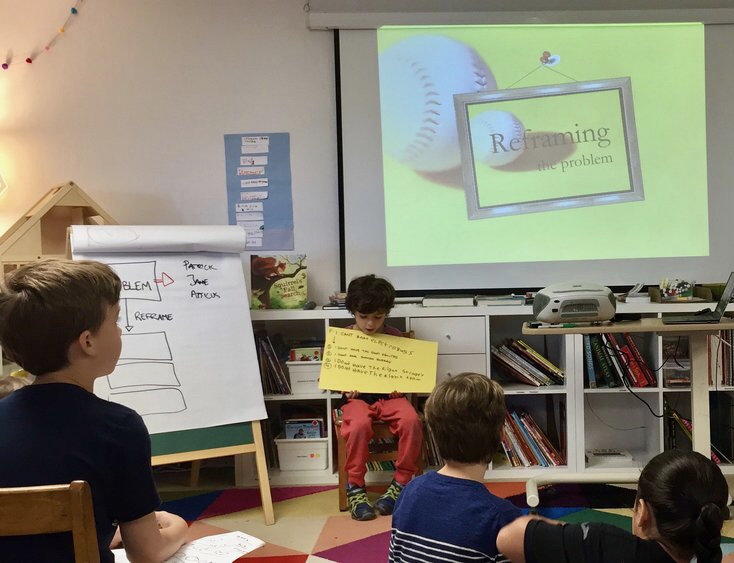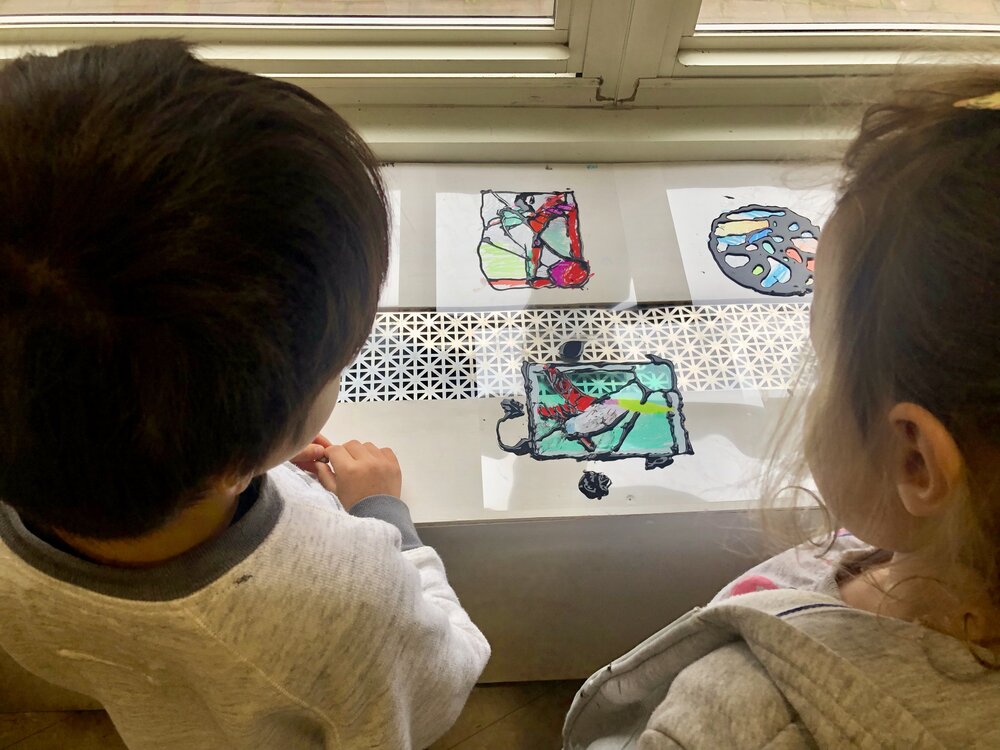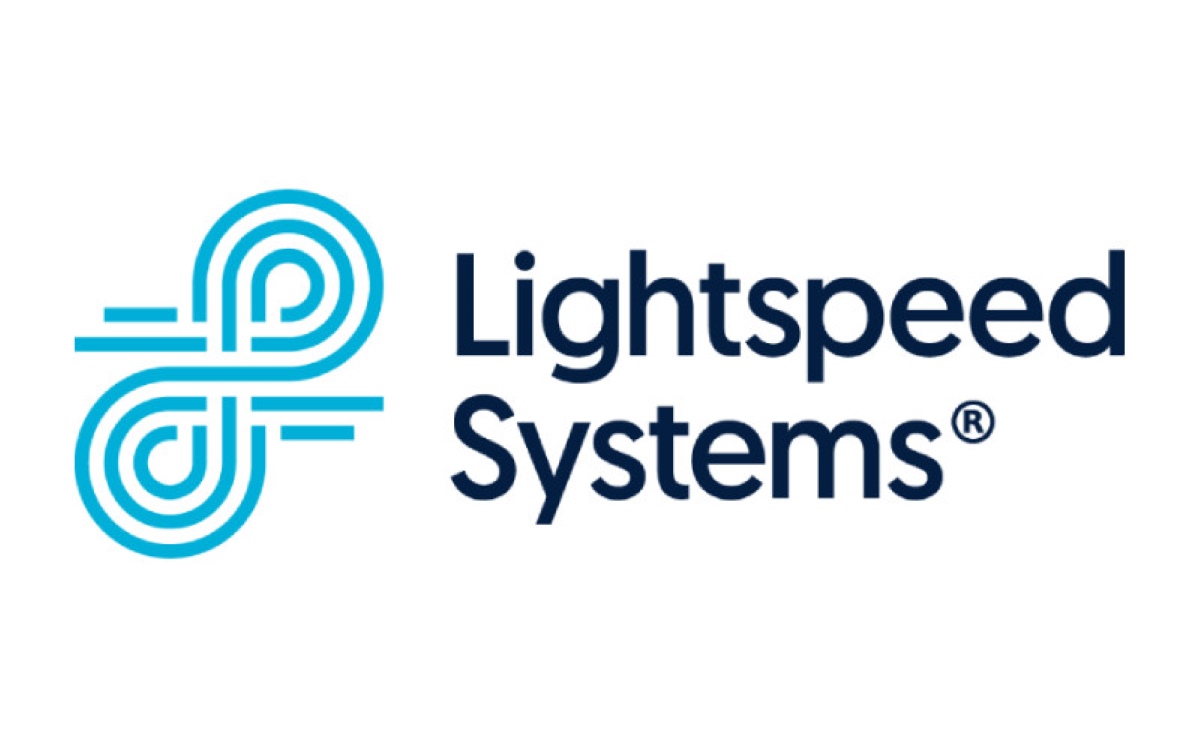How Learning Pods are a Growing Remote Learning Trend
Organized by parents, learning pods are becoming a popular way to create small-group learning environments

Learning pods, microclassrooms, nanoschools, pandemic pods—whatever the name, small-group learning solutions to in-person school restrictions are popping up across the country. Formed by parents struggling to juggle their own remote working needs with monitoring online school, these learning options follow a variety of pedagogies using alternative operational structures.
In essence, like-minded parents join together to lessen potential COVID-19 exposure by forming a learning group with a handful of students and an educator. The parents share costs and responsibilities to create an invite-only co-op system, which has raised some concerns about inequality.
To address such concerns, some communities are creating socially distanced, free learning hubs or learning labs with computers, Wifi connections, and adult supervision or tech assistance on hand to help students navigate their public schools’ hybrid or remote learning plans. New York City has pledged to create 100,000 such spots, and San Francisco some 6,000, according to NPR. Local organizations, such as the YMCA, are helping to set up similar hubs in communities such as California's Silicon Valley, Boston, Chicago, and Houston, among others.
Recreating a school-like learning environment

Traditionally, homeschooling and unschooling attracts personalized, pro-project-learning philosophies, from Montessori-theory to nature-based programs. This unique education-career option with safer parameters has some traditional teachers jumping ship.
“Learning pods provided me with an opportunity to teach in-person with limited exposure and a more consistent schedule than other schools are currently able to provide,” says Maren Genow, a former charter and public school teacher with New York-based Learning Pods. “In a pod, I am better able to connect with my students on a deeper level than when responsible for 20+ children. Being a huge supporter of project-based learning, the curriculum philosophy was also a big draw for me. As a mother myself, I have been given the gift of a flexible planning schedule, which means more time to support my own kids in their learning.”
For Learning Pods operated by Hudson Lab School, a project-based learning K-8 option, candidates need to have a BA or MA in a relevant field (Education, Psychology, Cognitive Science, etc.), at least three years of instructional experience, competency with project-based learning, and demonstrated success in student achievement and engagement. Teachers must be willing to work inside someone else’s home, be comfortable with ambiguity, and take initiative to find solutions independently.
“We pay competitively and offer benefits, and perhaps most importantly a robust program of professional development throughout the year,” says Cate Han, co-founder of Learning Pods and Founder of Hudson Lab School. “We have all founded our own schools, so we have that direct experience. We offer that administration and a group of fellow dedicated educators as a community for the professionals leading our pods to continuously grow and develop. They never have to feel like the only adult in the room.”
Tech & Learning Newsletter
Tools and ideas to transform education. Sign up below.
For some pod educators, being the only adult in the room could feel like a blessing. The unique dynamic of an in-home classroom means the students’ parents might wander into the classroom at any given moment, and feel entitled as the teacher’s bosses. This is one reason teachers should be wary of entering into a position via Facebook posting or other social media call. Many parents assume they could join up with parents from their Friday night wine sipper group or foursome from the golf course, drop in a credentialed teacher, and create a perfect microschool.
“We really felt it was key to respect all the stakeholders—the teacher, the families, the students,” says Han. “We felt it so important to offer that sense of administration that you would get in a traditional school setting. As a teacher, you have to defend what you are doing and why you are doing it with this understanding of child development, all while the people who are your bosses are watching you.”
The out-of-classroom experience
“The best pod leaders are mentors and motivators, reimagining tutoring to nurture a child’s whole being,” says Christina “CC” Perry, executive director of The Learning Pod, a pod tutoring program that provides in-person, small-group instruction across Southern California. “As a pod leader at a time of involuntary homeschooling, you have the unique opportunity to take students struggling to be independent learners and inspire accountability and resilience. The unique alchemy of pod learning prioritizes students’ social and emotional well-being, safely developing the skills they need to keep developing over a lifetime.”
If you’re thinking of creating a pod, The Learning Pod offers these tips:
Create boundaries and stick to them. Working closely with families can be a slippery slope. Pod teachers need to clearly define expectations for the learning environment, health and safety standards, their role, and their responsibilities as both an educator and facilitator.
Prepare to troubleshoot online learning. Students are expected to operate with remote learning proficiency, regardless of their academic level. Stress for all parties involved can be reduced if educators familiarize themselves with the students’ tech (both software and hardware).
Keep students present and engaged by creating structure. Students can stay better organized with visible schedules, assignment logs, appointments with teachers, and individualized study plans. Breaks from screen time can also become opportunities for furthering concepts and promoting creativity through hands-on inquiry.
As has been the case for much of this pandemic, there are no simple answers. If you are forming or leading a pod, seeking tools to help students succeed in remote learning, or simply want to supplement a young learner’s curriculum without footing a pricey tech license fee—check this updated guide to Free Online Learning Resources For Schools.
Sascha has nearly two decades of experience as a freelance journalist writing for national magazines, including The Washington Post, LA Times, Christian Science Monitor, National Geographic Traveler, and others. She writes about education, travel and culinary topics.

